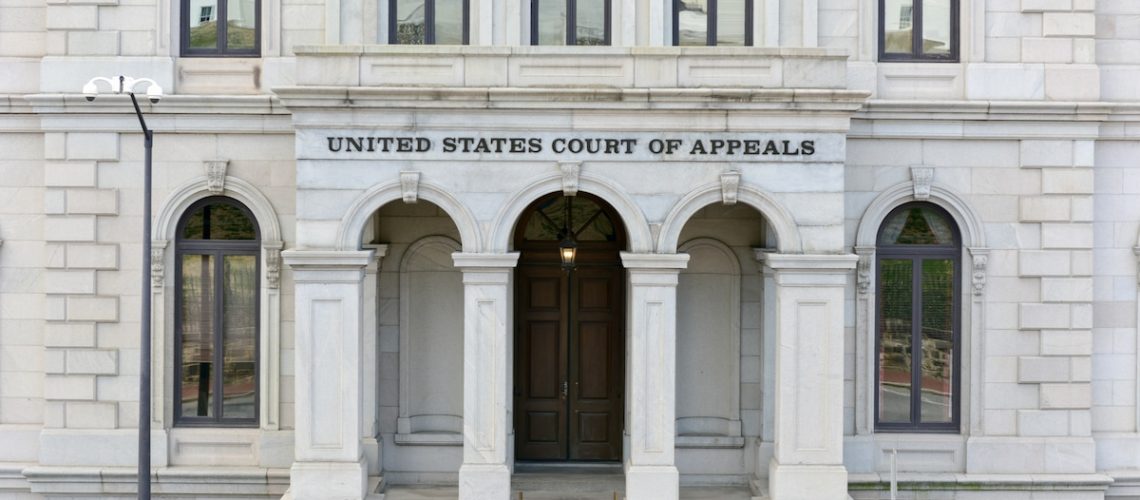The U.S. Court of Appeals just increased the damages awarded to plaintiffs in the 2017 Charlottesville rally case. This change ensures that each person receives their fair share and enforces the importance of accountability in the face of hate.
A Closer Look at “Unite the Right”
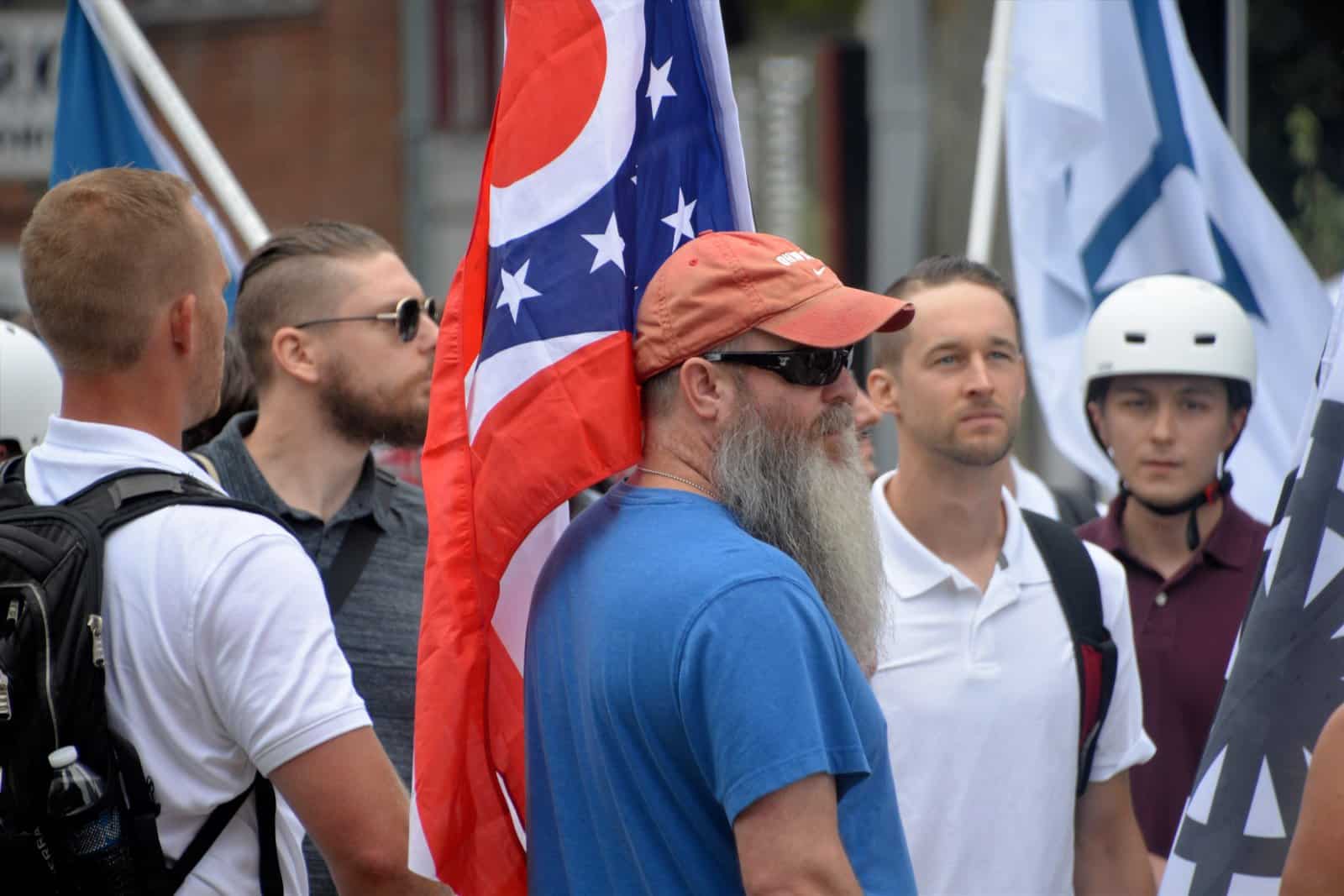
In 2017, national attention was focused on Charlottesville, Virginia when white supremacist groups organized a rally, called “Unite the Right.” This event was intended to protest the removal of a Confederate statue.
Who Were the Organizers?
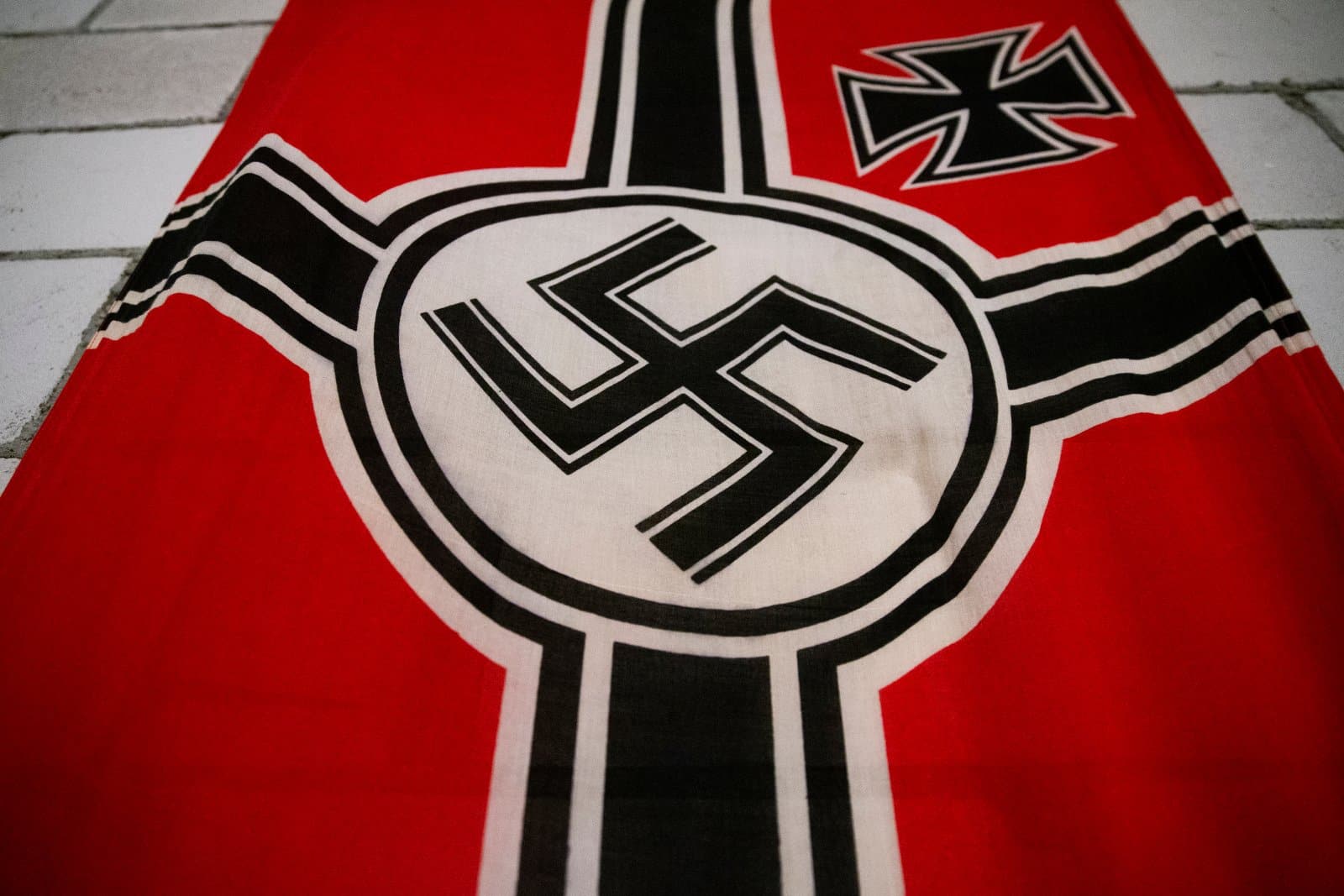
The rally was organized by prominent white nationalist and supremacist groups. This included neo-Nazis, the Ku Klux Klan, and other alt-right groups.
Purpose of the Rally
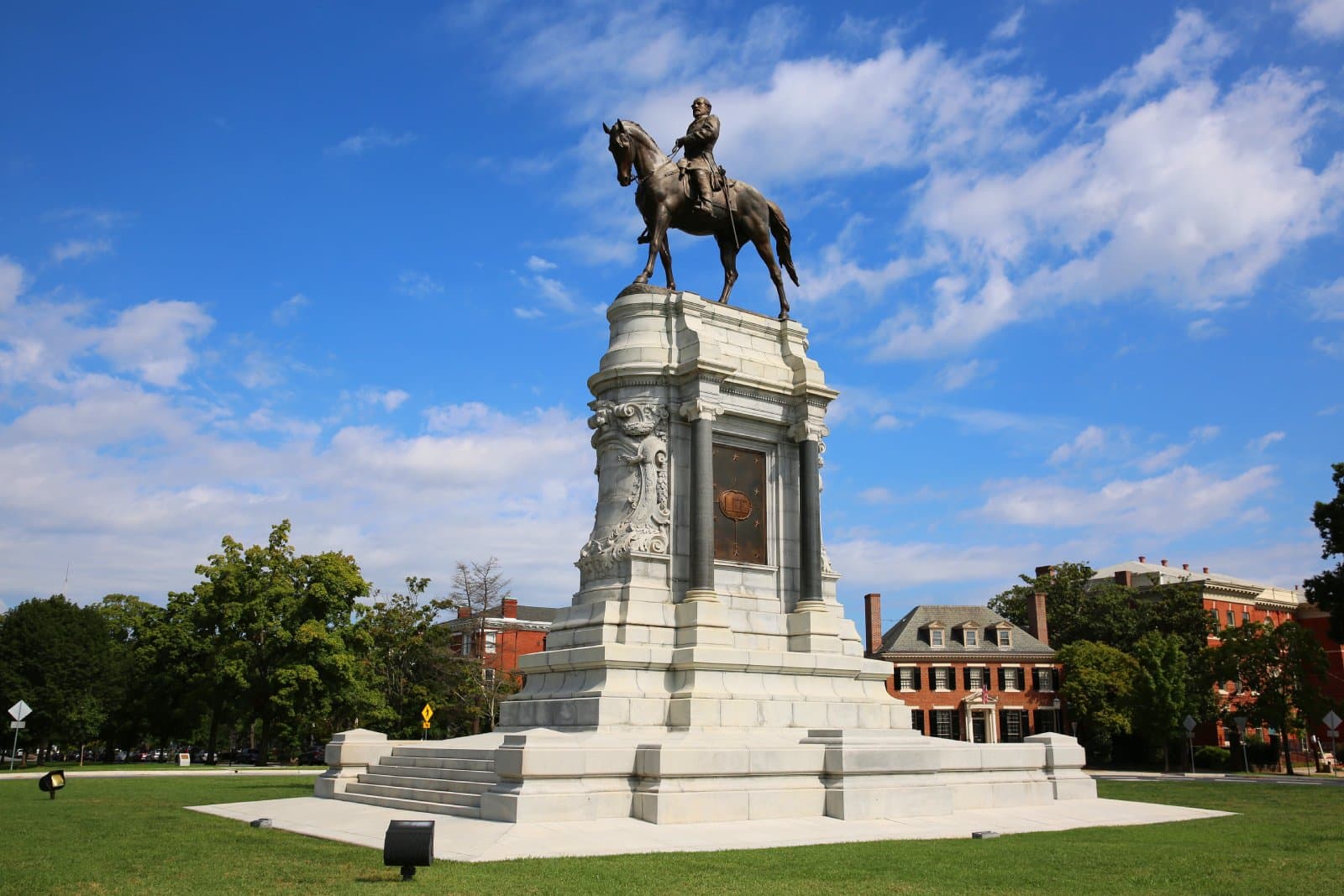
The original goal of the protest was to oppose the removal of the Robert E. Lee statue. However, it quickly escalated to expression support for white nationalist and supremacist ideologies.
The Events Unfold
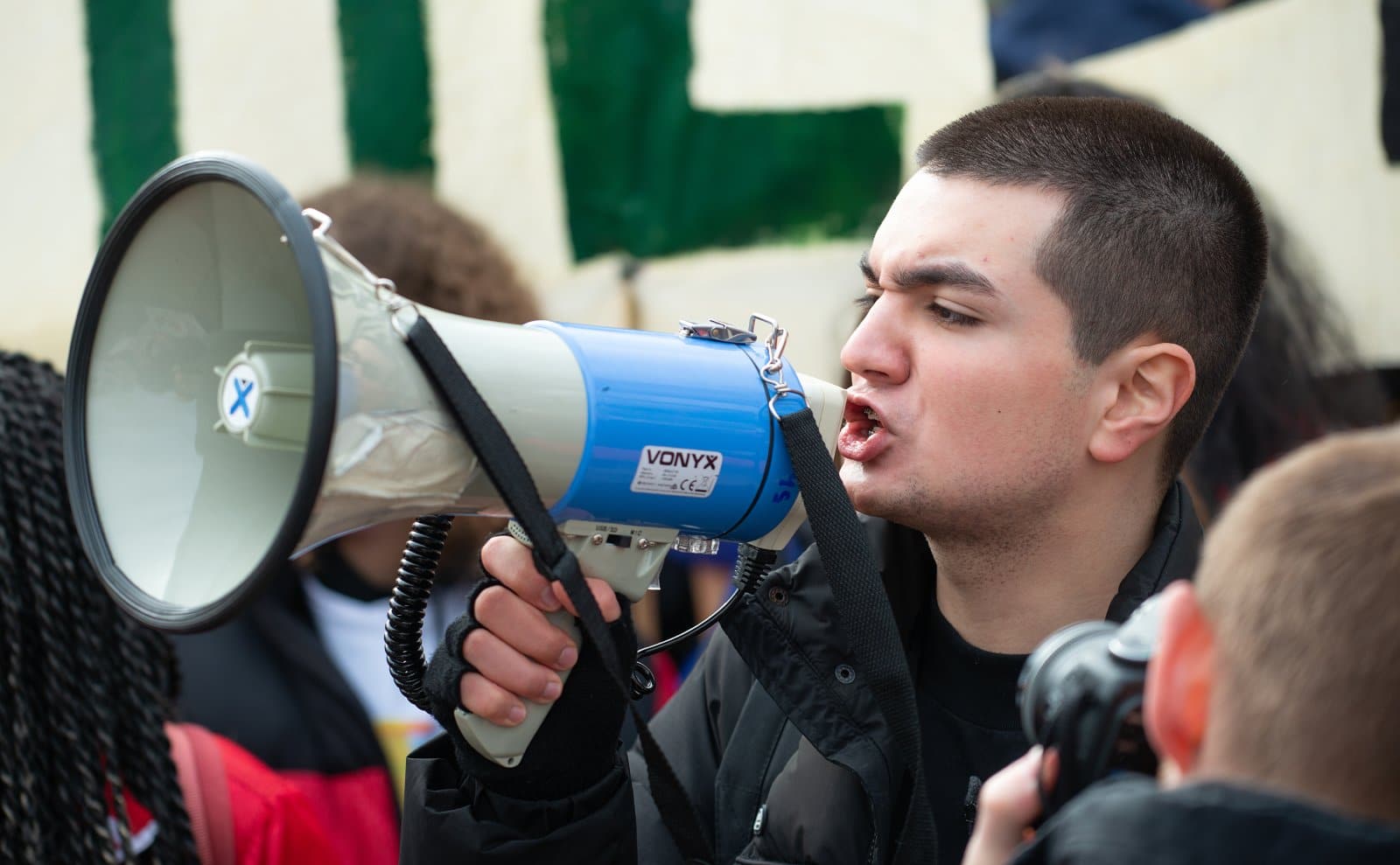
Many of these alt-right supporters were seen marching, while chanting racist and anti-Semitic slogans. When the rally participants met counter-protestors, the situation escalated.
Tragic Outcome
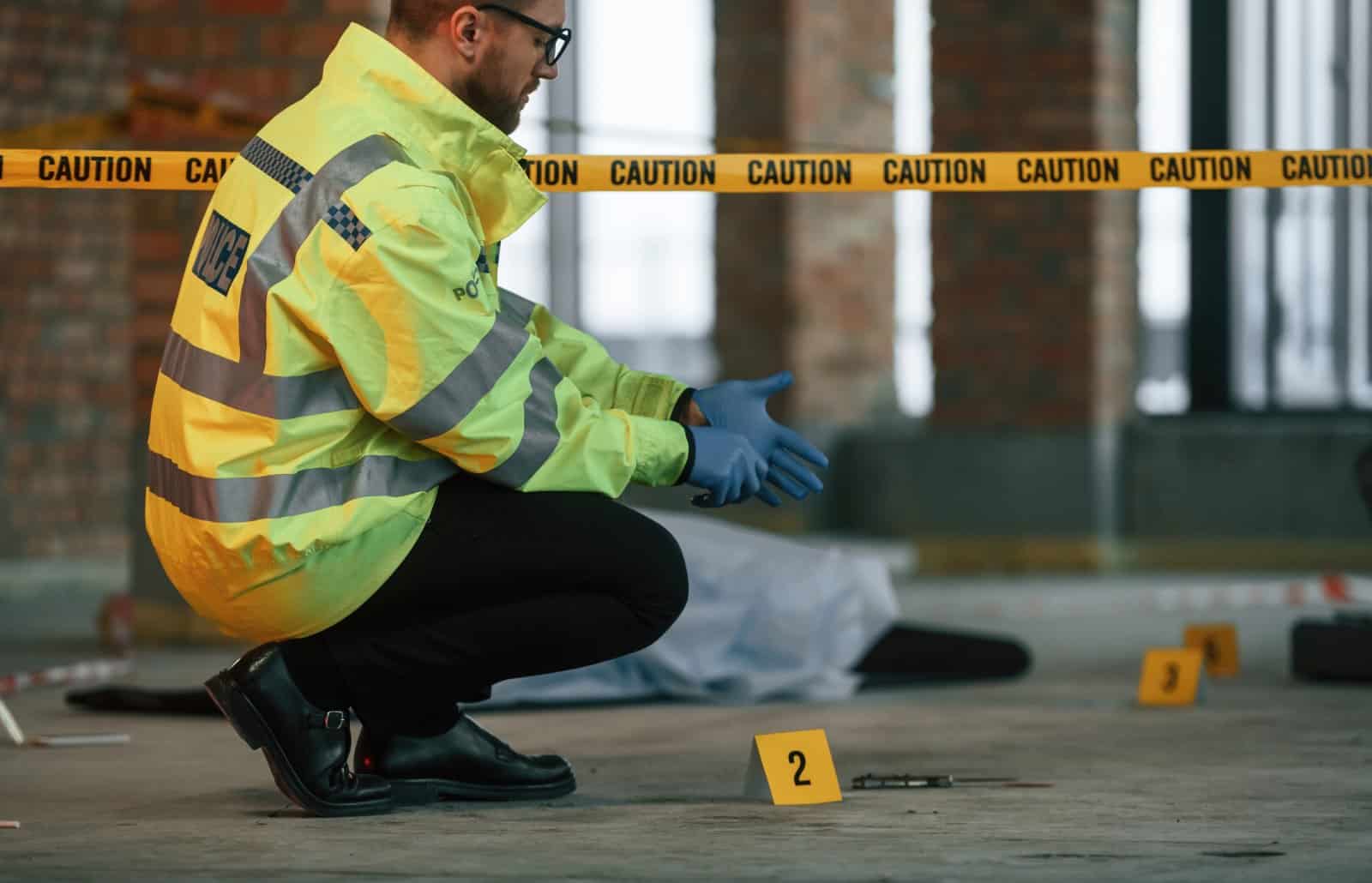
The violence peaked when a car was driven into a crowd of counter-protesters, which resulted in the death of Heather Heyer and injuries to many others. This act of domestic terrorism highlighted the dangerous nature of the rally.
Legal Actions Post-Rally
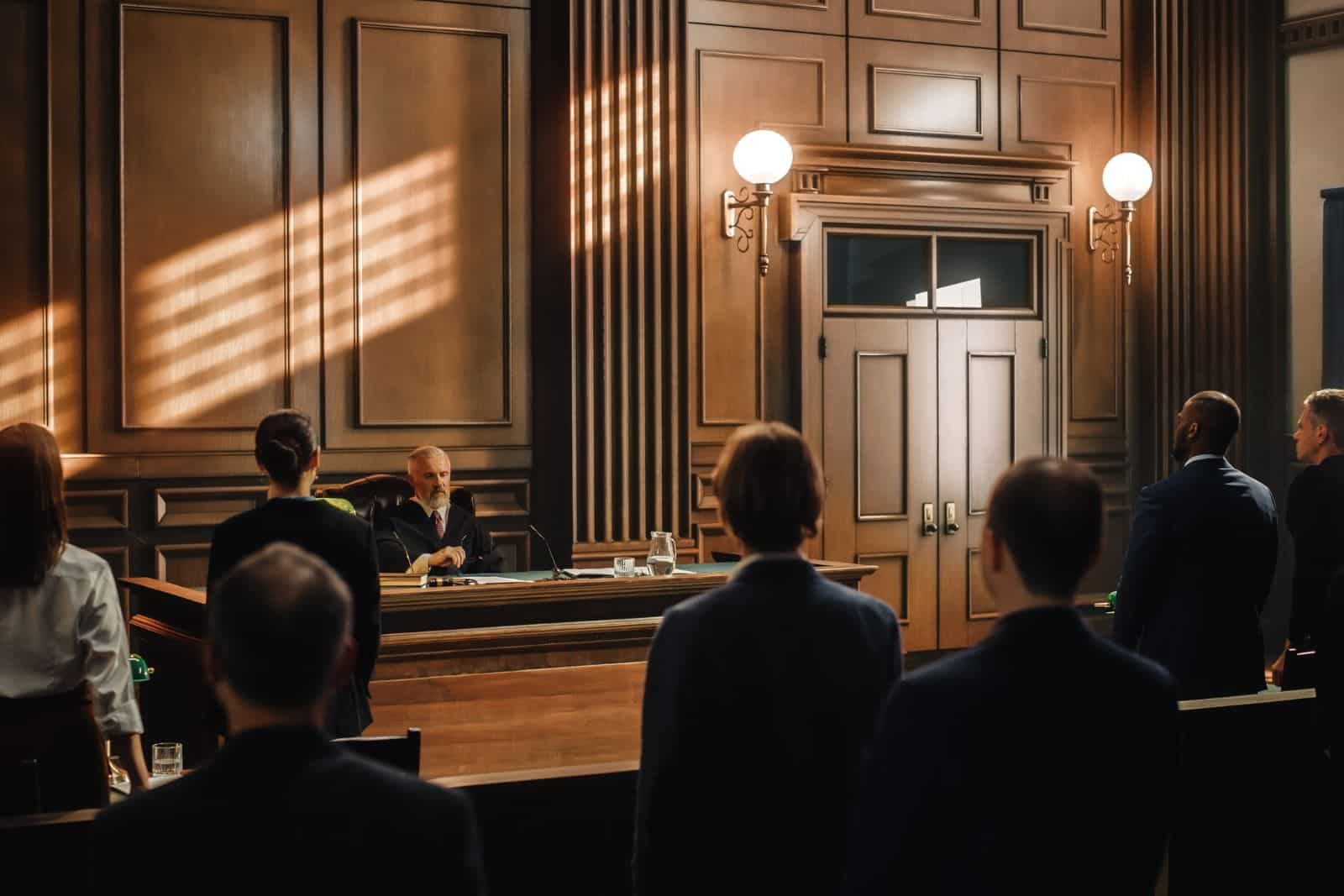
Afterward, many people and groups took legal action against the organizers and participants of the rally. Victims sought justice and accountability for the harm that was caused.
The Original Decision
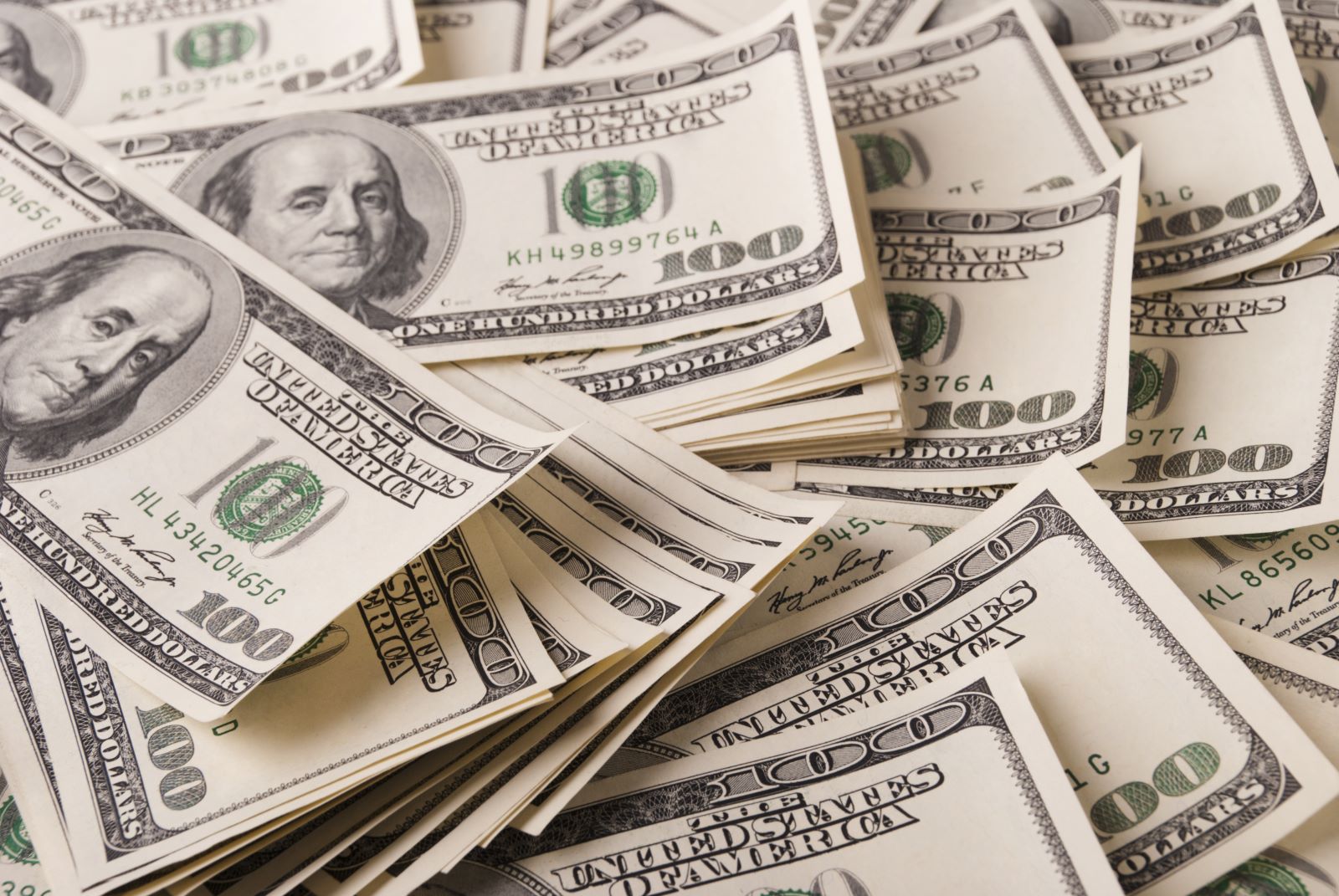
In November 2021, four years after the rally, a jury awarded the plaintiffs $24 million in punitive damages and $2 million in compensatory damages. This served to hold the hate groups responsible for their actions.
Federal Judge Limits Damages
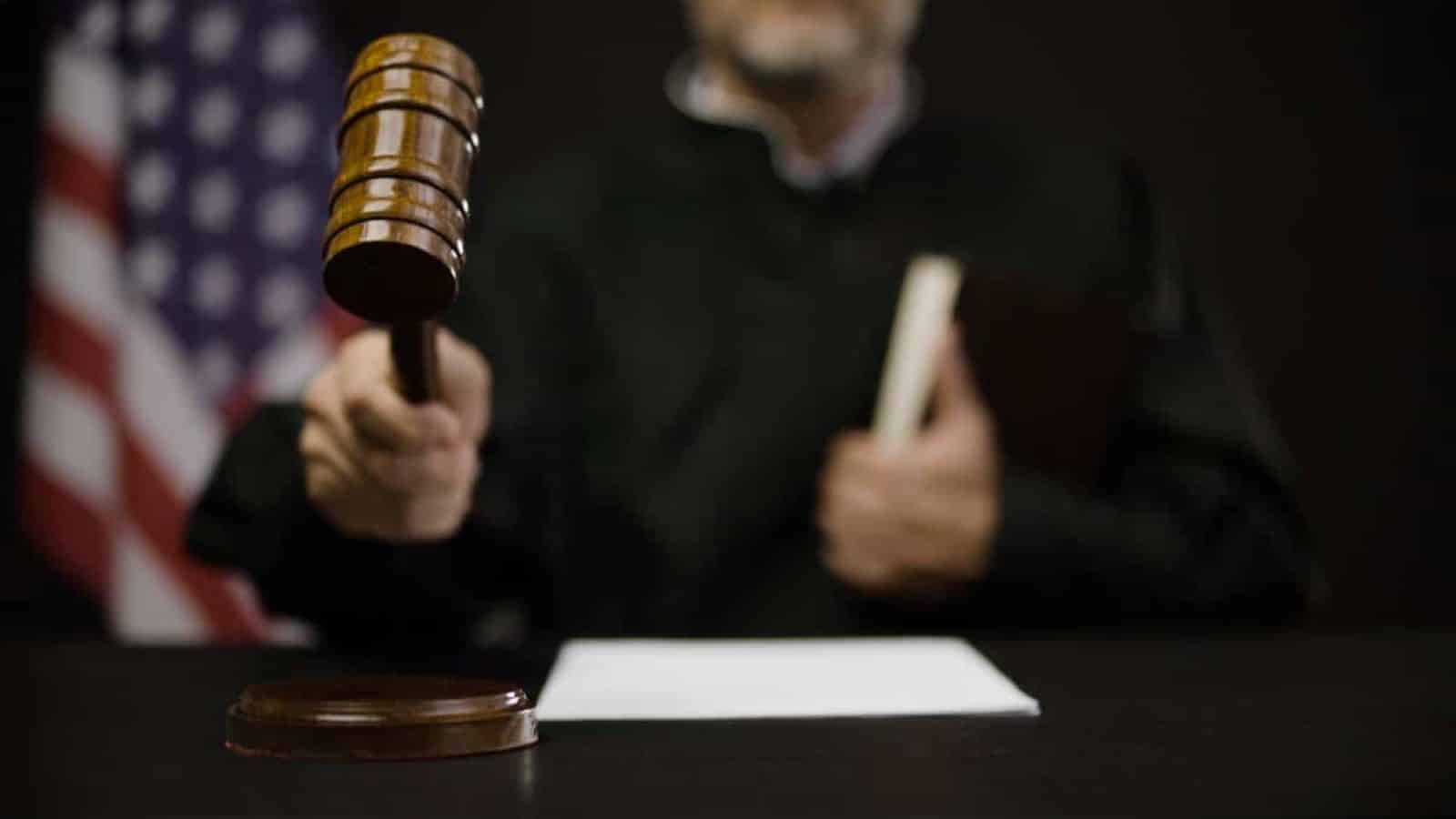
The damages were reduced when a federal judge ruled that there is a legal cap on these awards. The punitive damages were lowered from $24 million to a total $350,000.
The Virginia Law
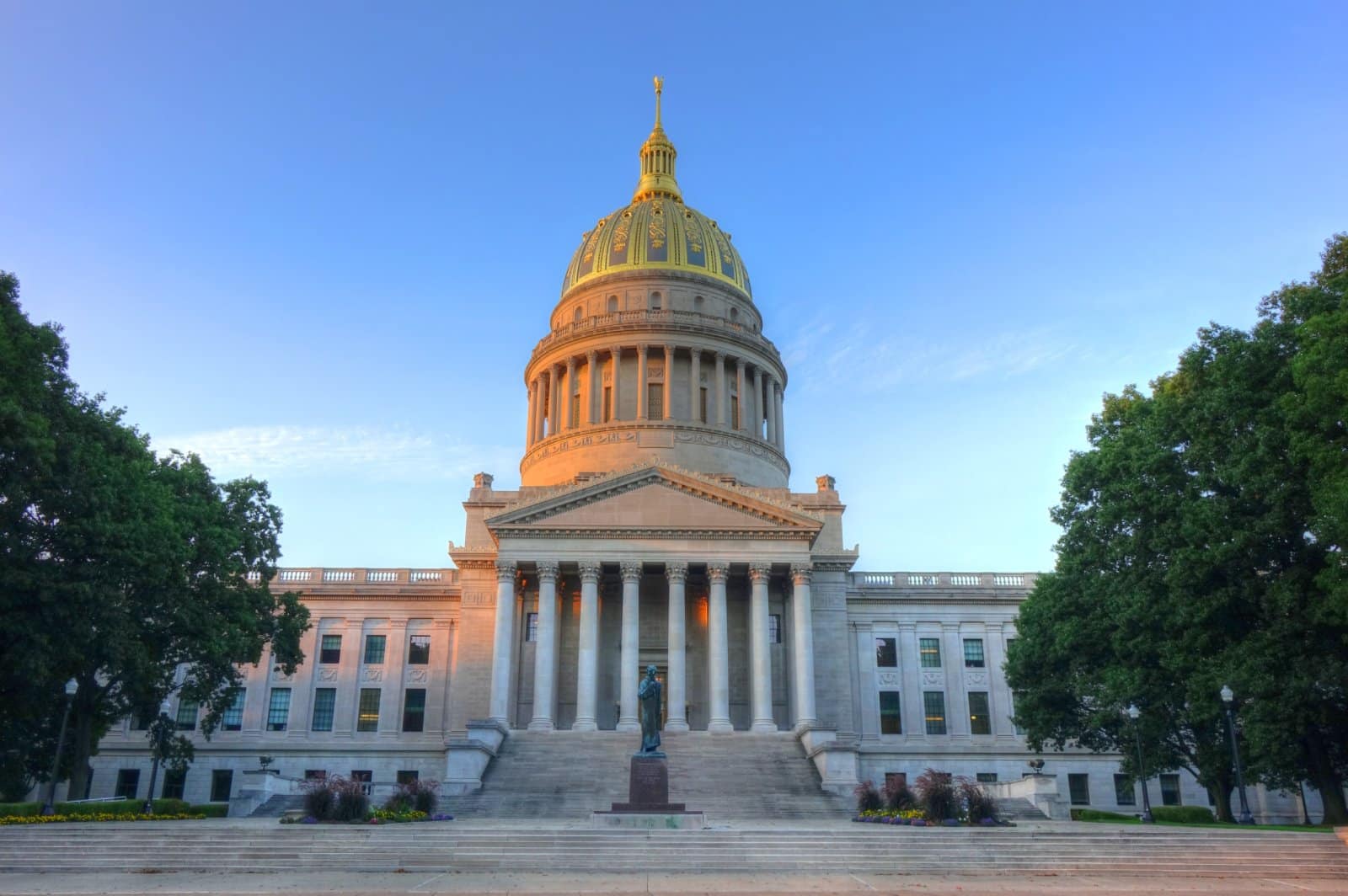
The judge’s decision was based on a 1998 Virginia statute that limits these potential damages at $350,000. The law aims to standardize civil penalties but has sparked debate on the appropriateness of its application in cases of hate crimes.
Original Reception by the Public

The original responses were mixed. Some saw this as a necessary fix in order to follow set legal limits, but others believed that this decision undermines the jury’s ability to impose significant consequences on hate groups.
U.S. Court of Appeals Steps In
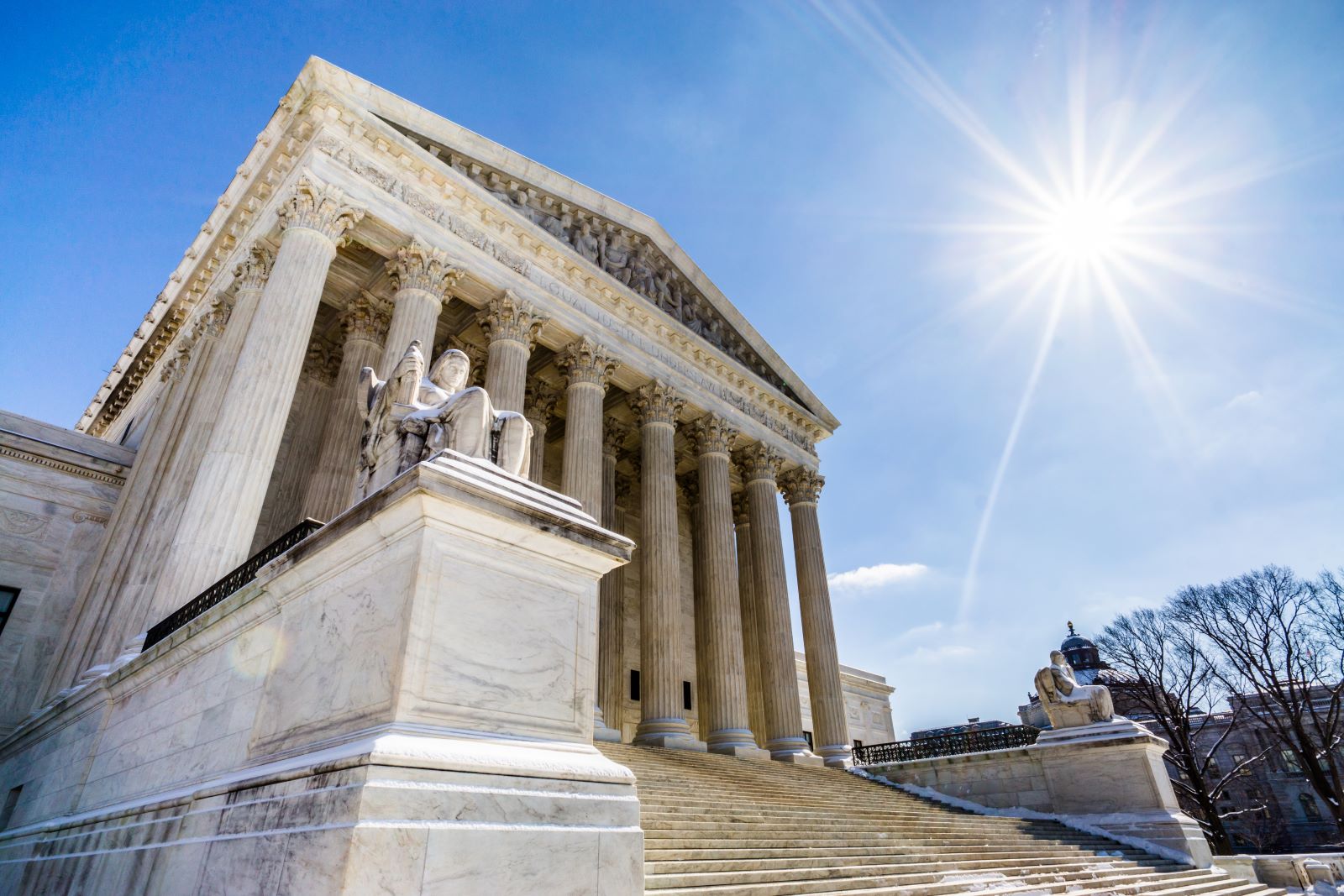
On July 1st, the U.S. Court of Appeals stepped in by ensuring that each plaintiff would receive $350,000, instead of all splitting this one capped amount. This decision was intended to uphold the spirit of the jury’s original decision that provided appropriate compensation.
Legal Basis for the Decision
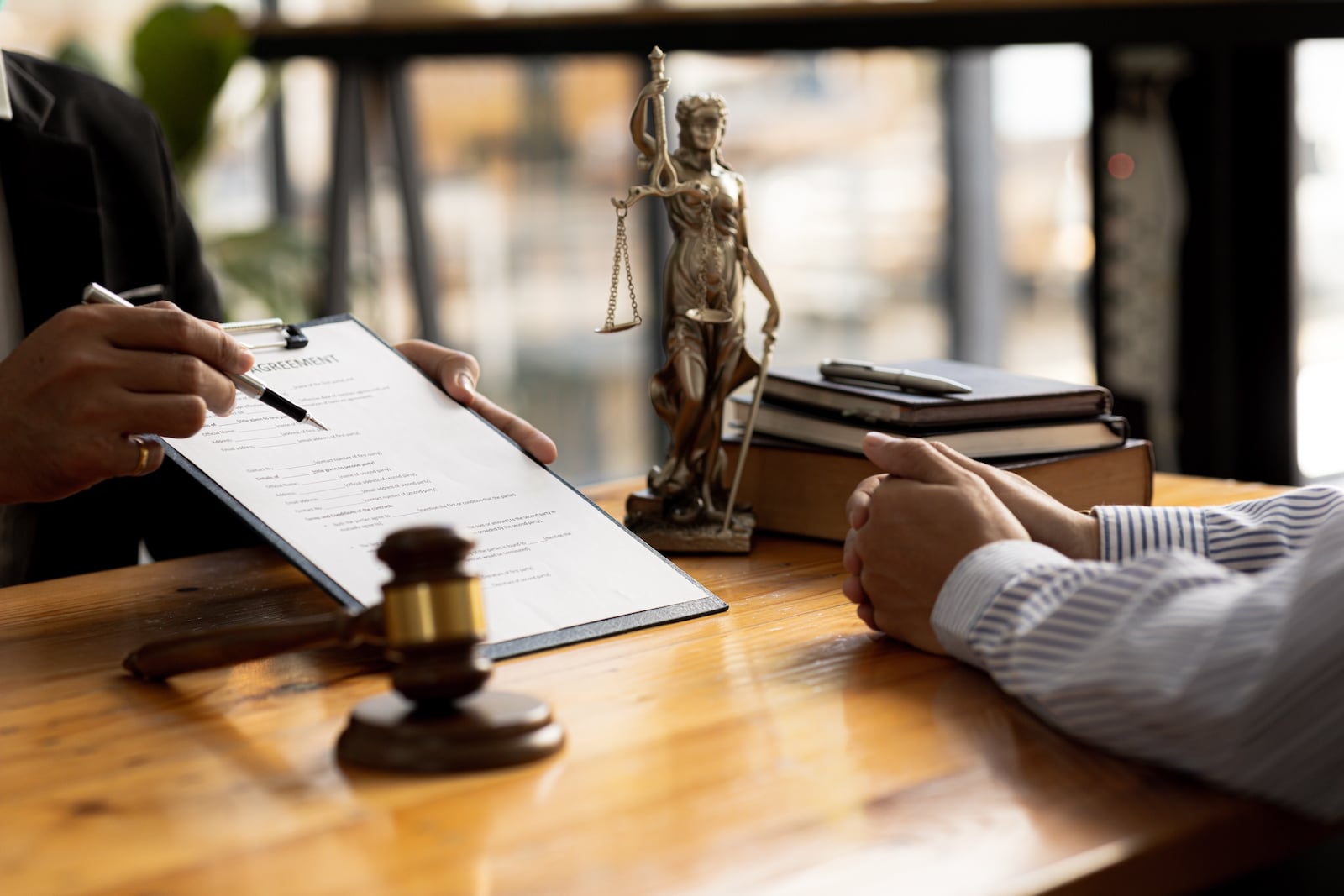
This decision takes a different look at the same Virginia Law. In this case, it is interpreted as a more equitable distribution of damages, totaling $4.8 million.
Chief Judge Albert Diaz Speaks Up
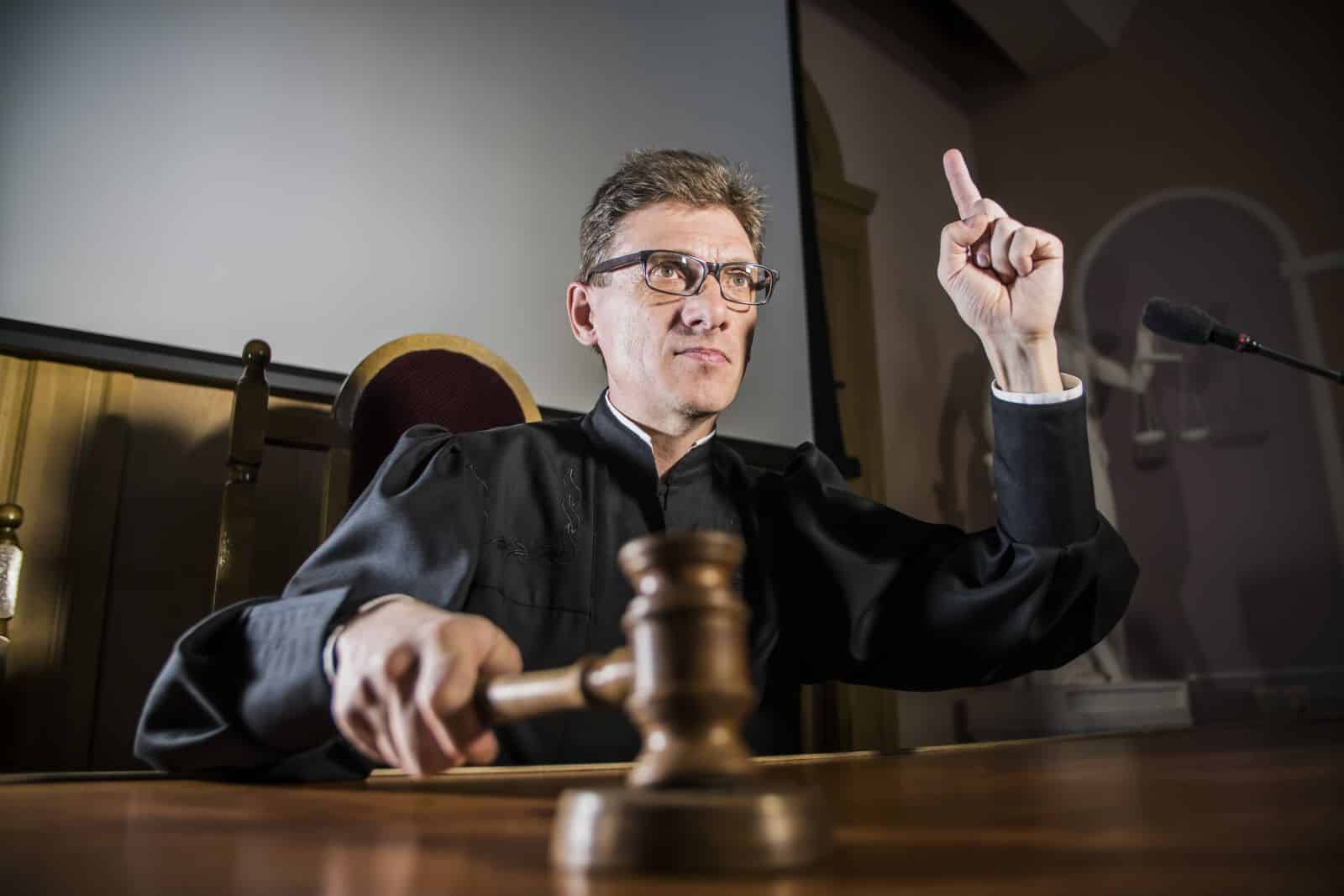
Chief Judge Albert Diaz, along with other judges, made it clear that decision is intentional. “While the law compels us to reduce the award, it’s long past time for that message to be delivered.”
The Public Reacts
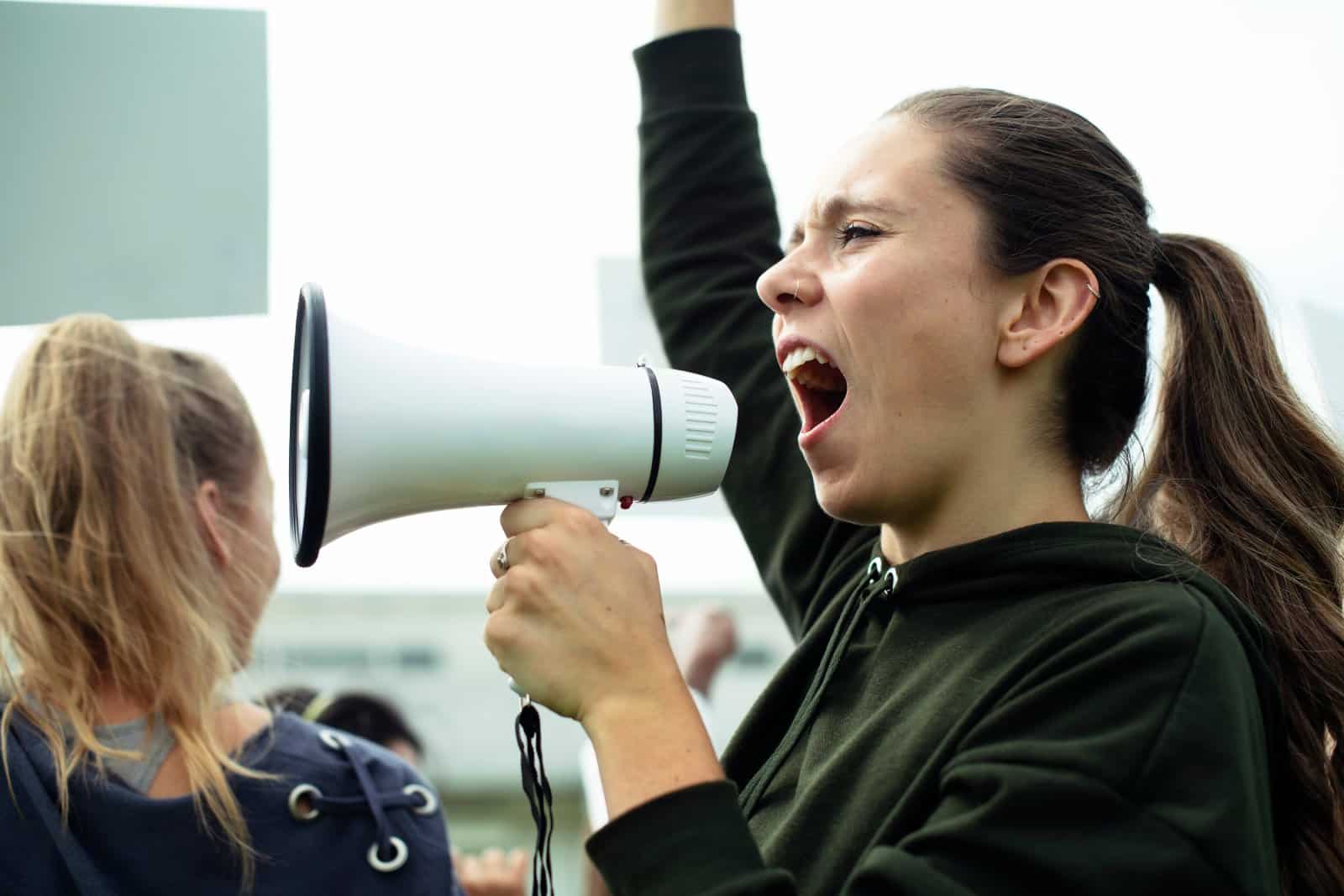
Many have seen this decision as a greater step toward justice for the victims of the Charlottesville rally. It reflects a commitment to ensure that legal remedies are fair and impactful, while still following the law.
The Importance of Accountability
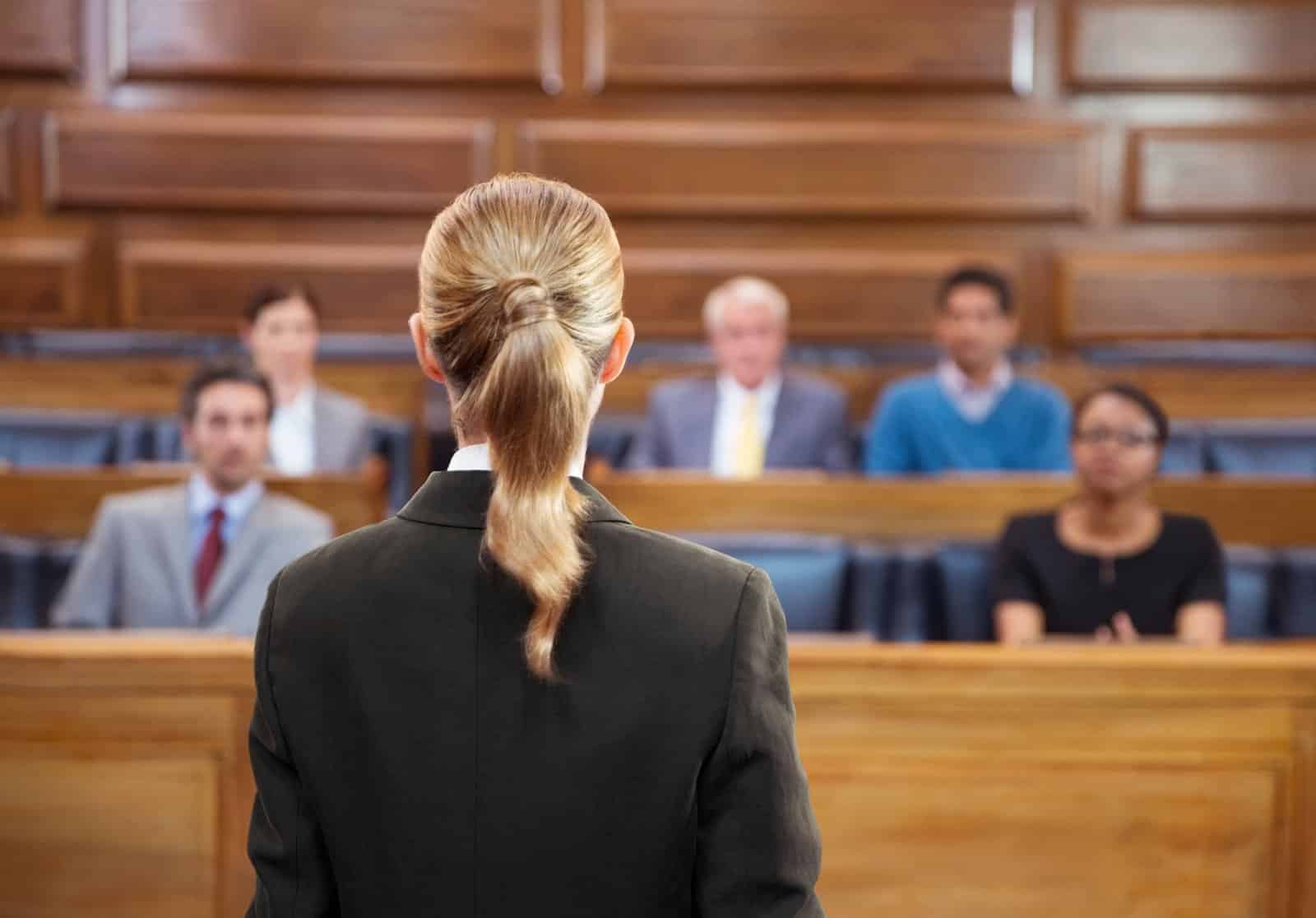
This decision emphasizes how important it is to prevent future violence by ensuring that victims receive justice and perpetrators are held accountable. Financial penalties are one part of this accountability.
Impacts on Victims
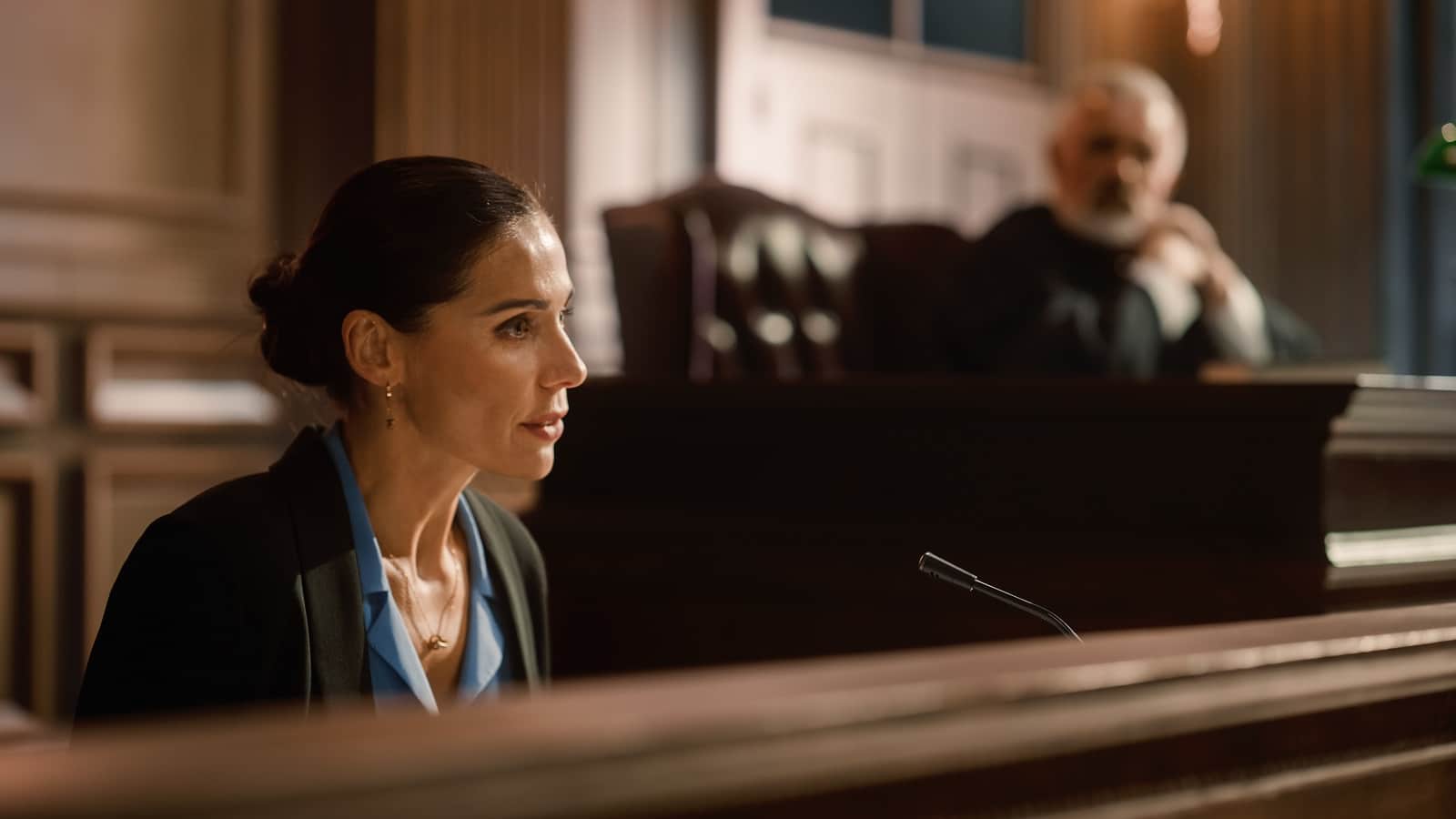
This decision is more than just a greater financial gain. It also recognizes that each person suffered their own individual harm, rather than treating them all as a collective.
Plaintiffs Respond
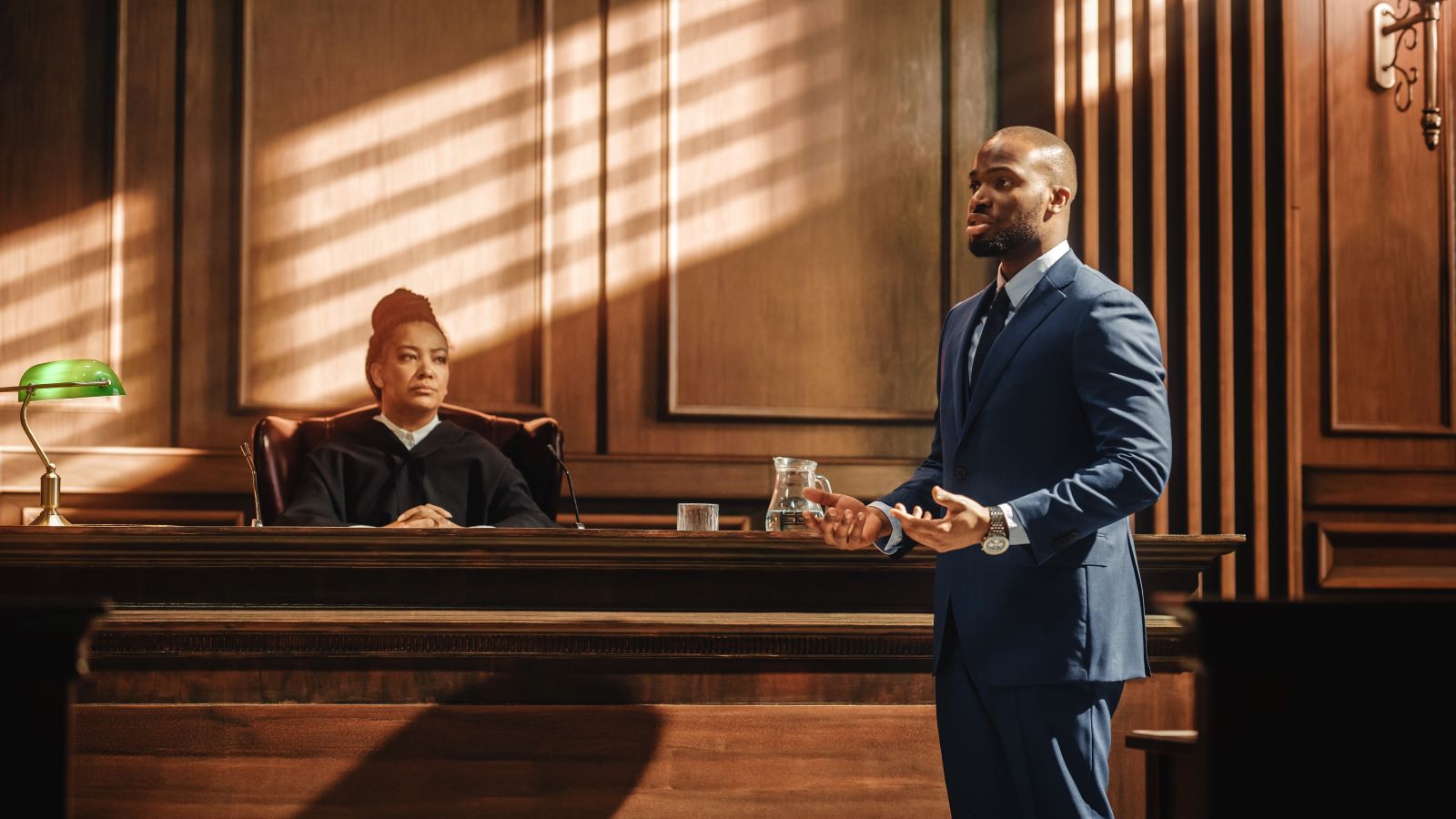
The plaintiff’s attorneys spoke up following the new ruling. “Today’s decision restores over $2 million in punitive damages from the jury’s verdict, which sent a clear message against racist and anti semitic hate and violence.”
Deterrent Effect
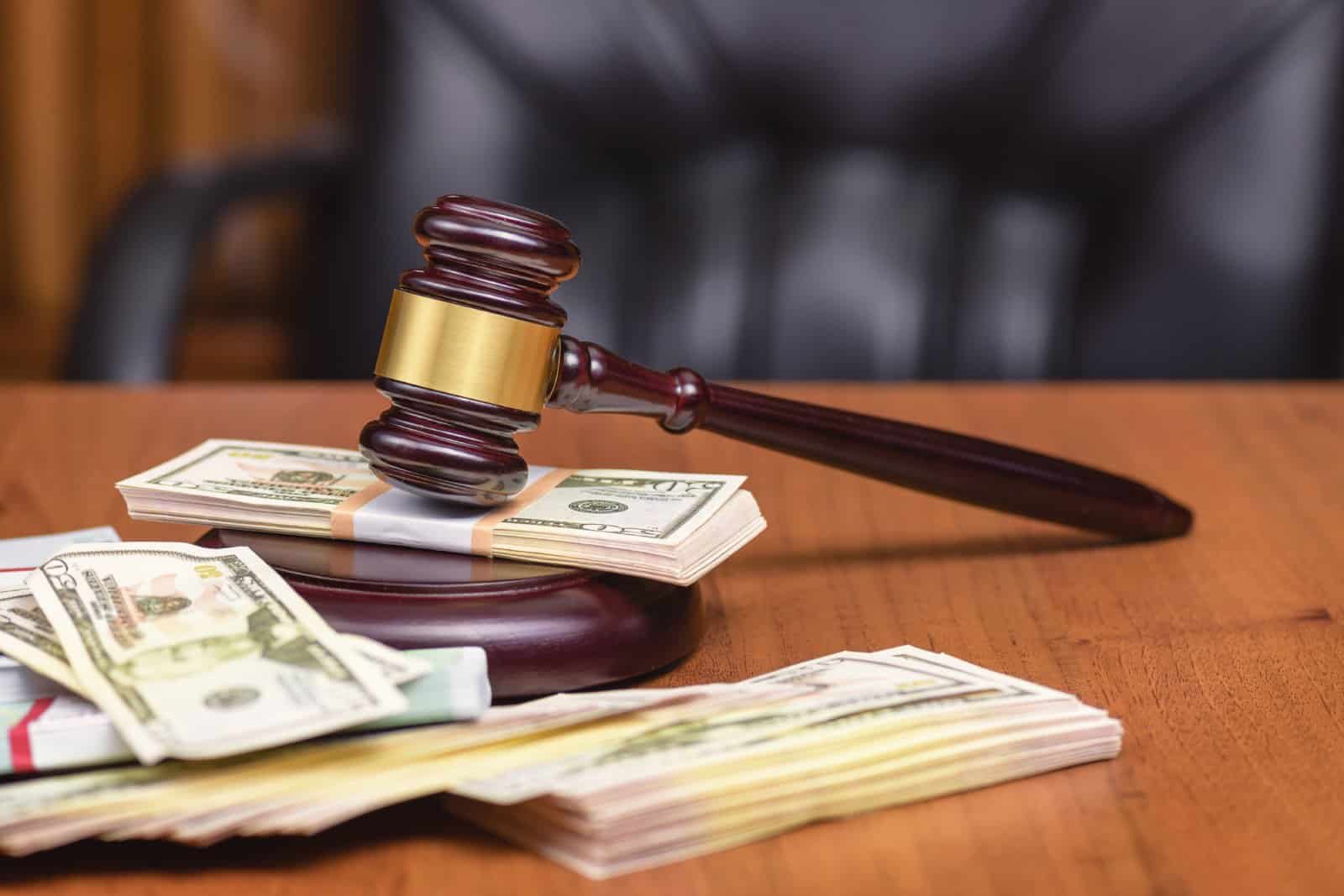
Ensuring that each plaintiff has a larger award reinforces the deterrent intent of these damages. It sends a stronger message to hate groups that they can be financially penalized for their actions.
Setting a Legal Precedent

The Appeals court’s decision may change how we view future cases involving punitive damages, especially in situations where there are multiple plaintiffs. Fair and individual compensation are important.
Future Implications
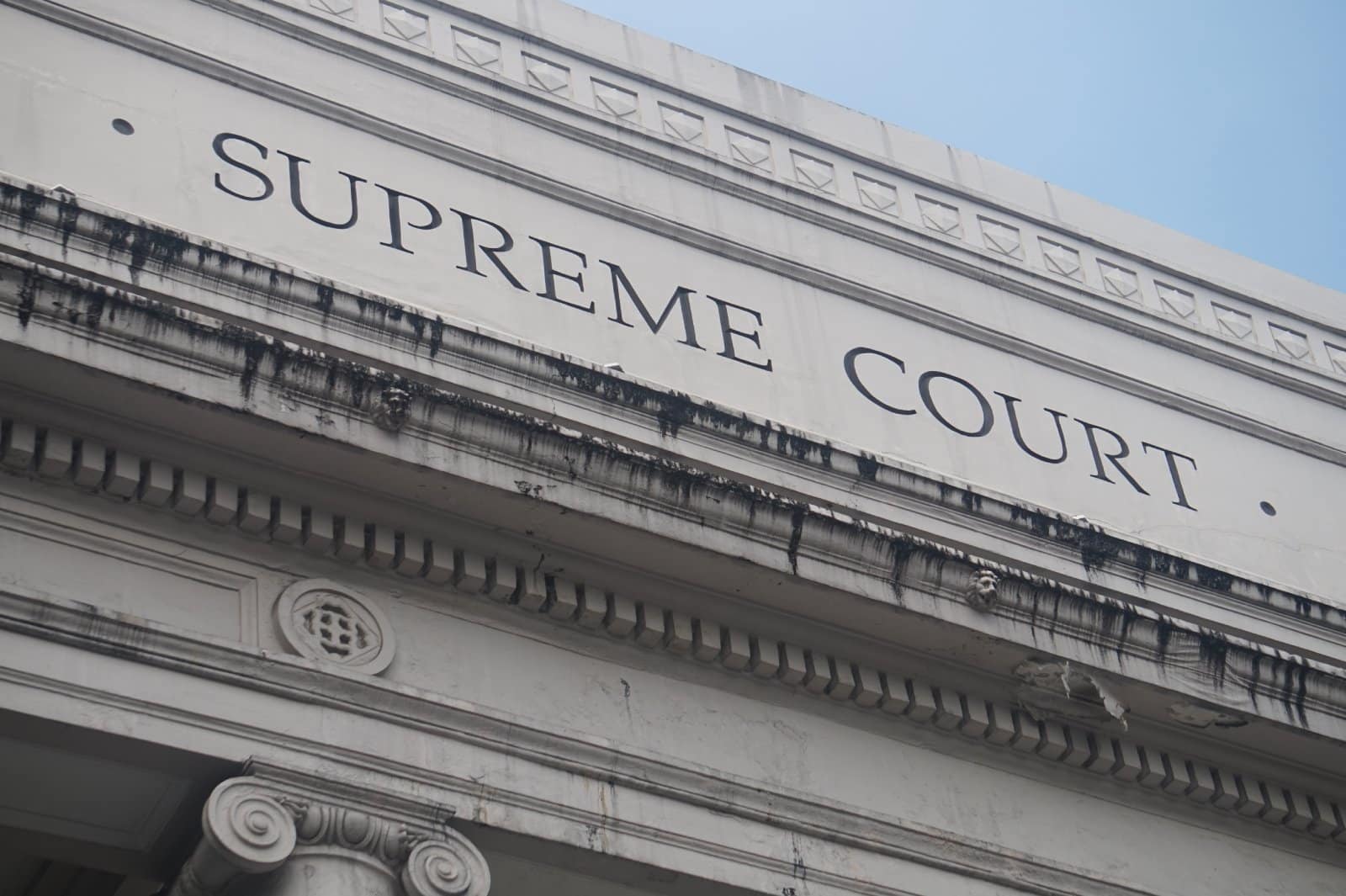
It’s possible that this decision prompts further evaluation of state laws capping potential punitive damages, especially in cases involving hate crimes. It could lead to legislative changes that address better legal caps.
A Move Toward Fair Compensation
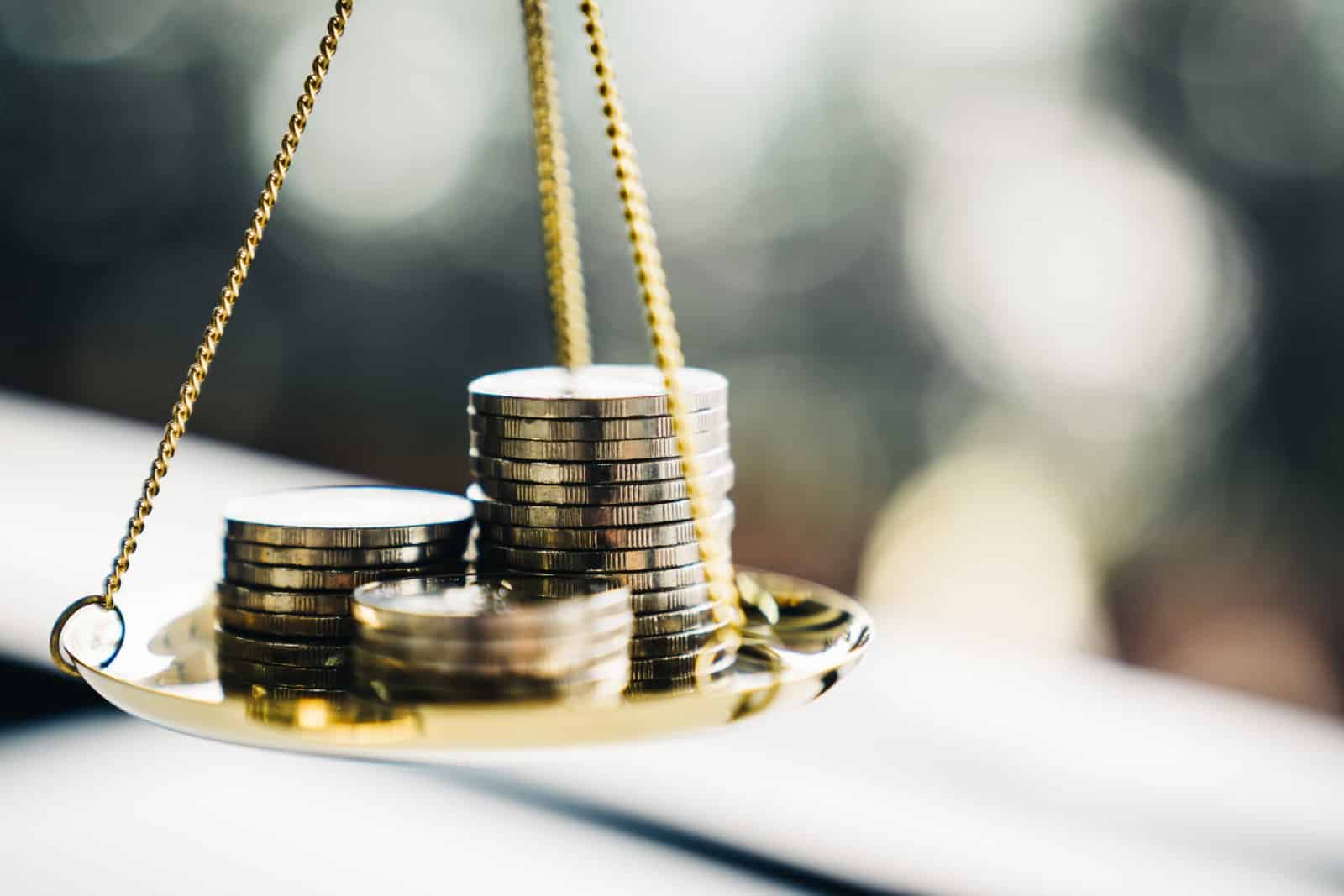
This decision to ensure that each plaintiff is fairly compensated marks a significant step toward accountability. It represents the importance of individual justice and the role of punitive damages in deterring hate-fueled violence.
21 Beliefs About the Bible That Are Actually False

The Bible is one of the most discussed and debated books in history, yet many common beliefs about it are more myth than fact. How many of these misconceptions have you heard before? 21 Beliefs About the Bible That Are Actually False
21 Subtle Racisms That Are Commonplace in America

Racism in America isn’t always overt; it often hides in plain sight through subtle actions and attitudes. How many of these subtle racisms have you noticed around you? 21 Subtle Racisms That Are Commonplace in America
Only Legal in America: 21 Things You CAN’T Do in the Rest of the World
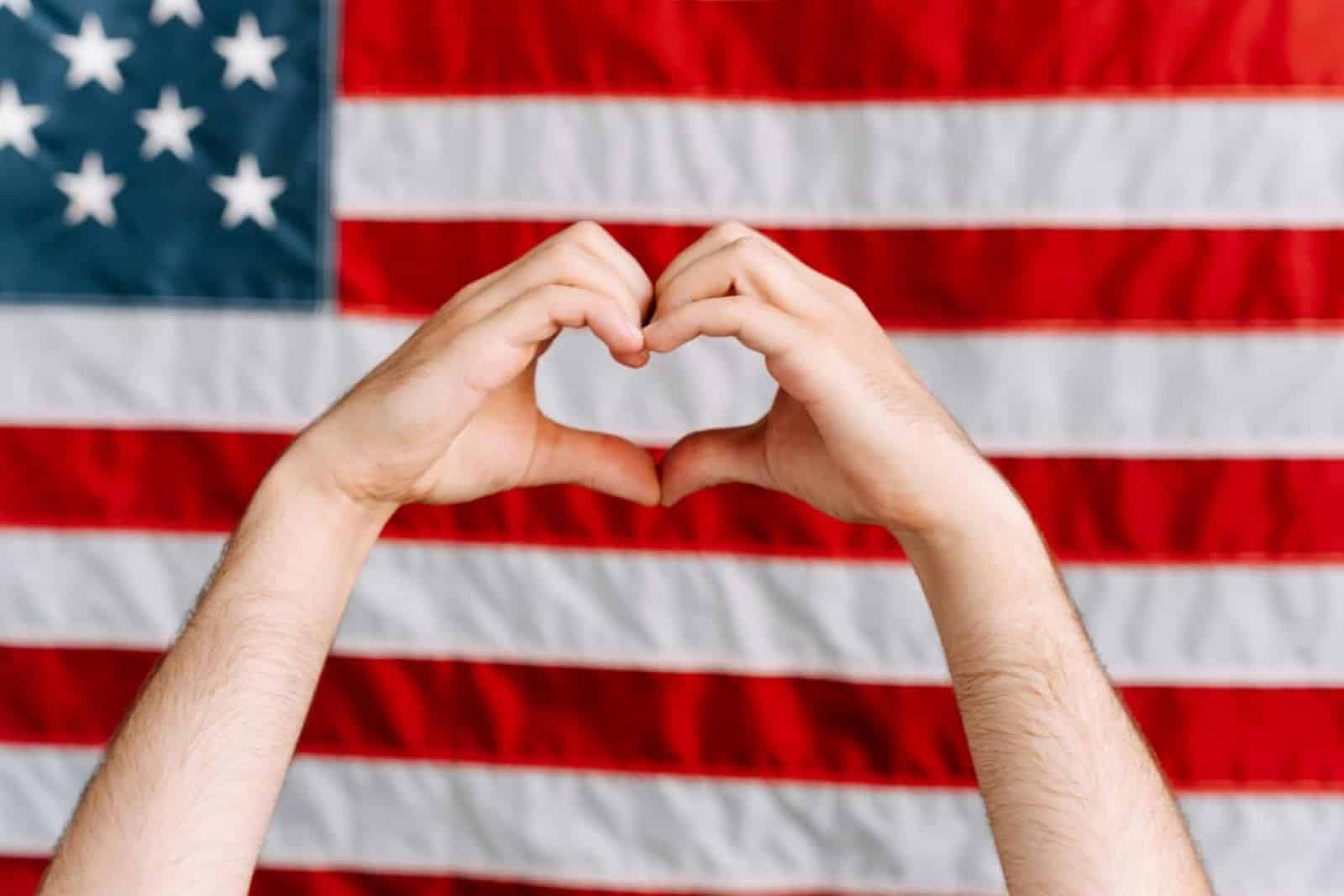
The U.S. dances to its own beat, especially when it comes to laws that make the rest of the world do a double-take. Here’s a lineup of things that scream “Only in America,” sticking strictly to what’s written in the law books. Ready for a tour through the American legal landscape that’ll leave you wondering if freedom might just be a bit too free? Only Legal in America: 21 Things You CAN’T Do in the Rest of the World
The post ‘Unite the Right’ White Nationalists Shamed in Court for 2017 Charlottesville Rally first appeared on Pulse of Pride.
Featured Image Credit: Shutterstock / Felix Lipov.

